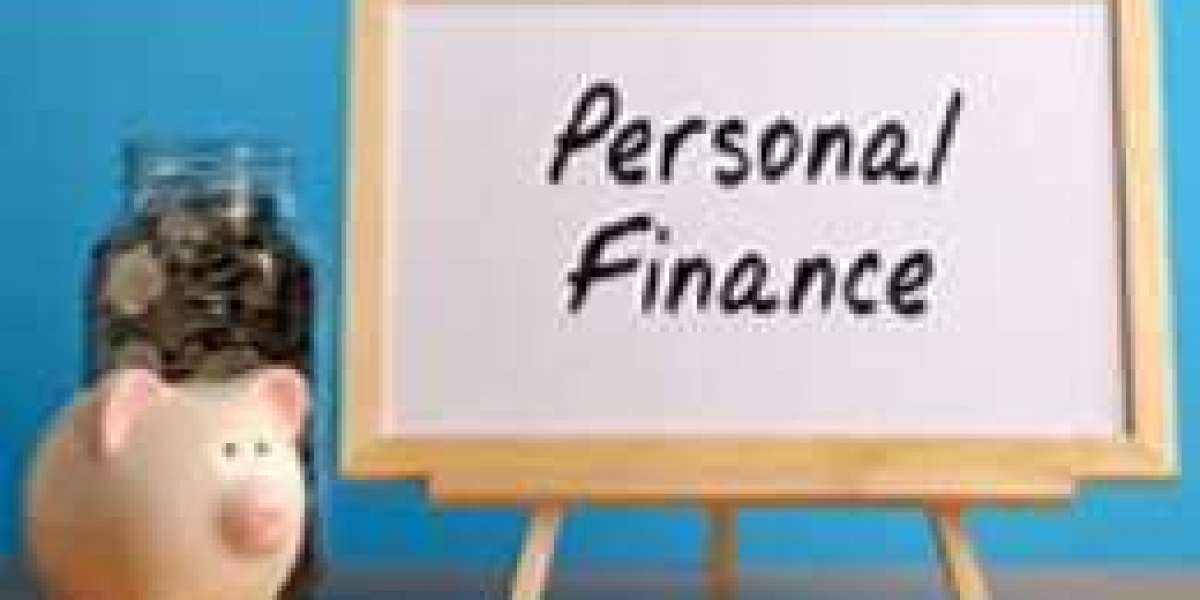Debt is a common problem that many people face. Whether it's from credit cards, personal loans, or other sources, being in debt can be a significant source of stress and anxiety. Fortunately, there are steps you can take to pay off your debt faster and get on the road to financial freedom. In this article, we'll discuss some strategies for paying off debt quickly and efficiently.
- Make a budget: The first step in paying off debt is to understand where your money is going. Make a budget that includes all of your income and expenses. This will help you see how much money you have available to put towards your debt. It will also help you identify areas where you can cut back on spending.
- Prioritize your debts: If you have multiple debts, it's important to prioritize them. Start by paying off the debt with the highest interest rate. This will save you money in the long run because you'll be paying less interest. Once that debt is paid off, move on to the debt with the next highest interest rate, and so on.
- Use the debt snowball method: The debt snowball method is a debt reduction strategy where you pay off your debts in order from smallest to largest. Start by paying off the debt with the smallest balance. Once that debt is paid off, take the money you were using to pay it off and apply it to the debt with the next smallest balance. This method can help you build momentum and stay motivated as you see your debts disappearing.
- Increase your income: If you're struggling to make ends meet, consider finding ways to increase your income. This could mean working overtime, getting a second job, or starting a side hustle. The extra income can be used to pay off your debts faster.
- Cut back on expenses: Look for areas where you can cut back on your expenses. This could mean canceling subscriptions, eating out less, or shopping at a cheaper grocery store. Every little bit helps when you're trying to pay off debt.
- Use windfalls wisely: If you receive a windfall, such as a tax refund or bonus, resist the urge to splurge on something you don't need. Instead, use the money to pay off your debt. This will help you make progress towards your debt reduction goals faster.
- Consider debt consolidation: If you have multiple debts with high interest rates, consider consolidating them into one loan with a lower interest rate. This can make it easier to manage your debt and save you money in the long run.
- Seek professional help: If you're struggling to pay off your debts, consider seeking professional help. A financial advisor or credit counselor can help you come up with a plan to pay off your debts and manage your finances more effectively.
Paying off debt can be a long and challenging process, but it's important to stay focused on your goal. Remember that every payment you make gets you one step closer to being debt-free. By following these strategies, you can pay off your debts faster and get on the road to financial freedom





